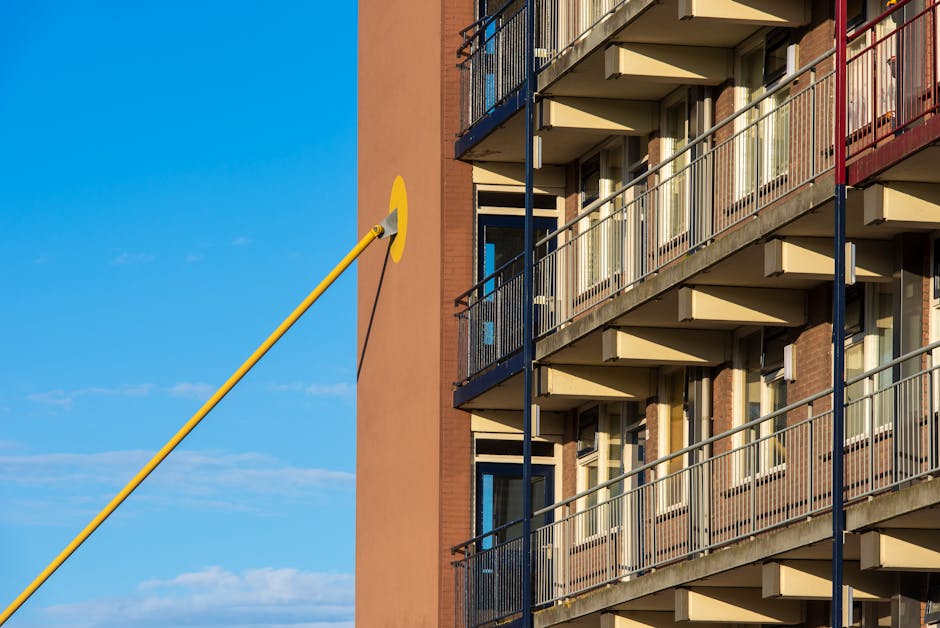
Urban Development: Shaping Modern Cities for a Sustainable Future
Understanding Urban Development
Urban development refers to the process of planning and building new infrastructure, residential areas, commercial spaces, and parks within cities. It plays a crucial role in accommodating growing populations and improving the quality of urban life. As cities worldwide continue to expand, effective urban development strategies are essential to create sustainable and resilient urban environments.
Key Trends in Urban Development
- Sustainable City Planning: Incorporating green spaces, renewable energy, and eco-friendly transportation systems.
- Smart City Technologies: Utilizing IoT and data analytics to optimize city operations and enhance residents' quality of life.
- Infrastructure Improvements: Upgrading roads, bridges, and public transit to support urban growth efficiently.
The Importance of Sustainable Urban Development
Sustainable urban development aims to balance economic growth, environmental stewardship, and social inclusion. Implementing eco-friendly practices in city planning can reduce carbon footprints, improve air and water quality, and promote healthier lifestyles for residents.
Planning for Future Cities
Future-oriented urban development involves innovative planning, community engagement, and embracing new technologies. By focusing on accessible transportation, affordable housing, and resilient infrastructure, cities can become more livable and adaptable to changing conditions.
Conclusion
Effective urban development is vital for creating vibrant, sustainable cities. Developers, planners, and policymakers must collaborate to design urban spaces that meet the needs of today while safeguarding resources for future generations.
